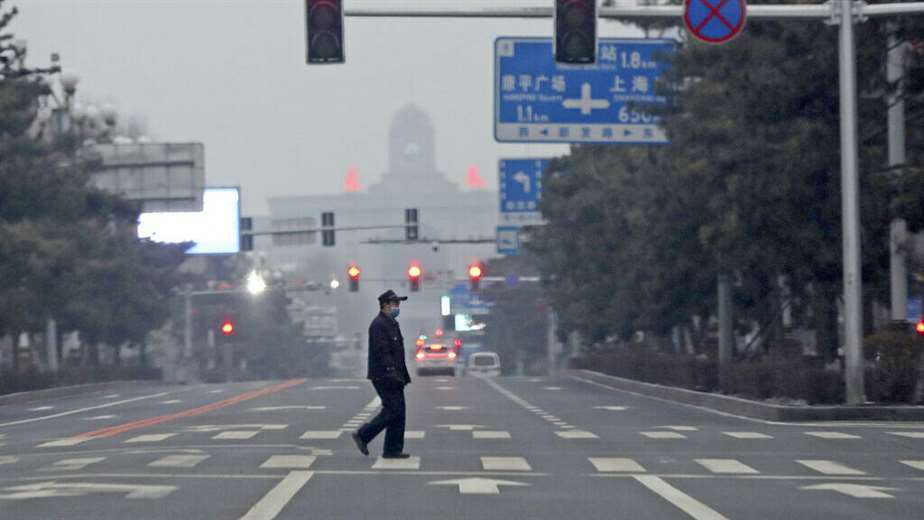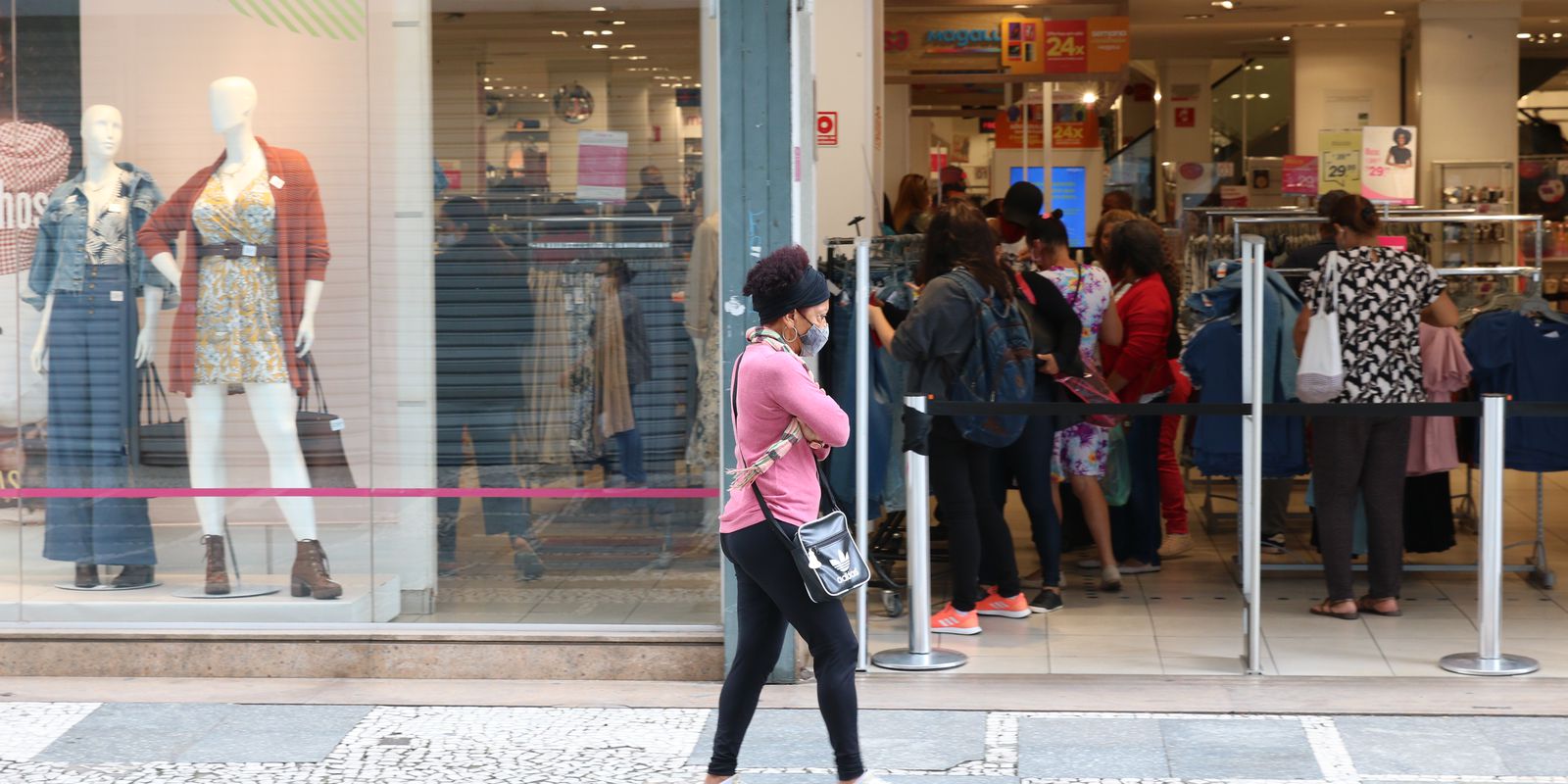In response to the outbreak of new Covid-19 infections, the authorities of Shanghai have suspended flights from abroad until May 1. Tens of millions of Chinese have been told to stay home or limit their travel. The China Health Commission reported on March 14 more than 5,500 new cases in mainland China and nearly 27,000 new infections in Hong Kong.
With RFI Beijing correspondent Stéphane Lagarde.
“We received the instructions at midnight, we did not have time to notify”, a guard at the entrance of a residence that is now closed tells this Tuesday. The guard, smiling behind his mask, says he makes sure no one is tempted to jump the fence.
From the technological and industrial center of Shenzhen and Dongguan, in the southeast of China, to the province of Jilin, in the northeast, or from Chongqing, in the southwest, to Xian, in the northwest, through cities such as Shanghai and Langfang, Almost 100 million Chinese are invited to stay home, except to go shopping for essential products.
While the rebound of the Ómicron variant keeps the planes on the runways in Shanghaii and the impressive images of the empty streets of Chinese megalopolises appear again on the news, the resurgence of Covid-19 is seen daily in small measures that seek to limit circulation and gatherings.
Reduce commuting
To avoid displacement, the health authorities advise not to leave the cities, under penalty of spending 14 days in home isolation upon return. In the same spirit and from Monday, train tickets are now free to refund throughout China.
Confinement, semi-confinement… The measures are adapted to the progression of the cases. In Shenzhen, subway and bus lines have been suspended. In Shanghai, kindergartens and nurseries are closed and online courses are given to primary school students. In Beijing, after-school activities are restricted from Monday.
“We received a notification on Monday night. After-school sports and cultural activities have been temporarily suspended to contain the spread of the virus,” says a piano teacher in the Chinese capital’s Koreatown.
“Two Points, One Line”
In the Wechat messaging system and the Weibo network, the expression “Liang Dian Yi Xian”, literally “two points, one line” or going from one point to another without stopping, comes up a lot in exchanges.
“Every day my life is ‘2 points 1 line'”, a young father complains to his colleague at a noodle restaurant in the business district. “This morning, at school, my son’s teacher told me that we can’t leave the city anymore, or else we will have to do 14 days of isolation when we return home,” she adds.
By avoiding walks between work and home, the so-called “dynamic” zero Covid strategy seeks not to reach the total confinement measures adopted at the beginning of the epidemic. But for how long? “China must maintain the dynamic strategy of zero Covid and thus be able to control the new wave of contamination at the beginning of April”, according to epidemiologists from the University of Lanzhou quoted by the official press. A “zero cases” strategy put to the test by the transmission speed of Ómicron.








